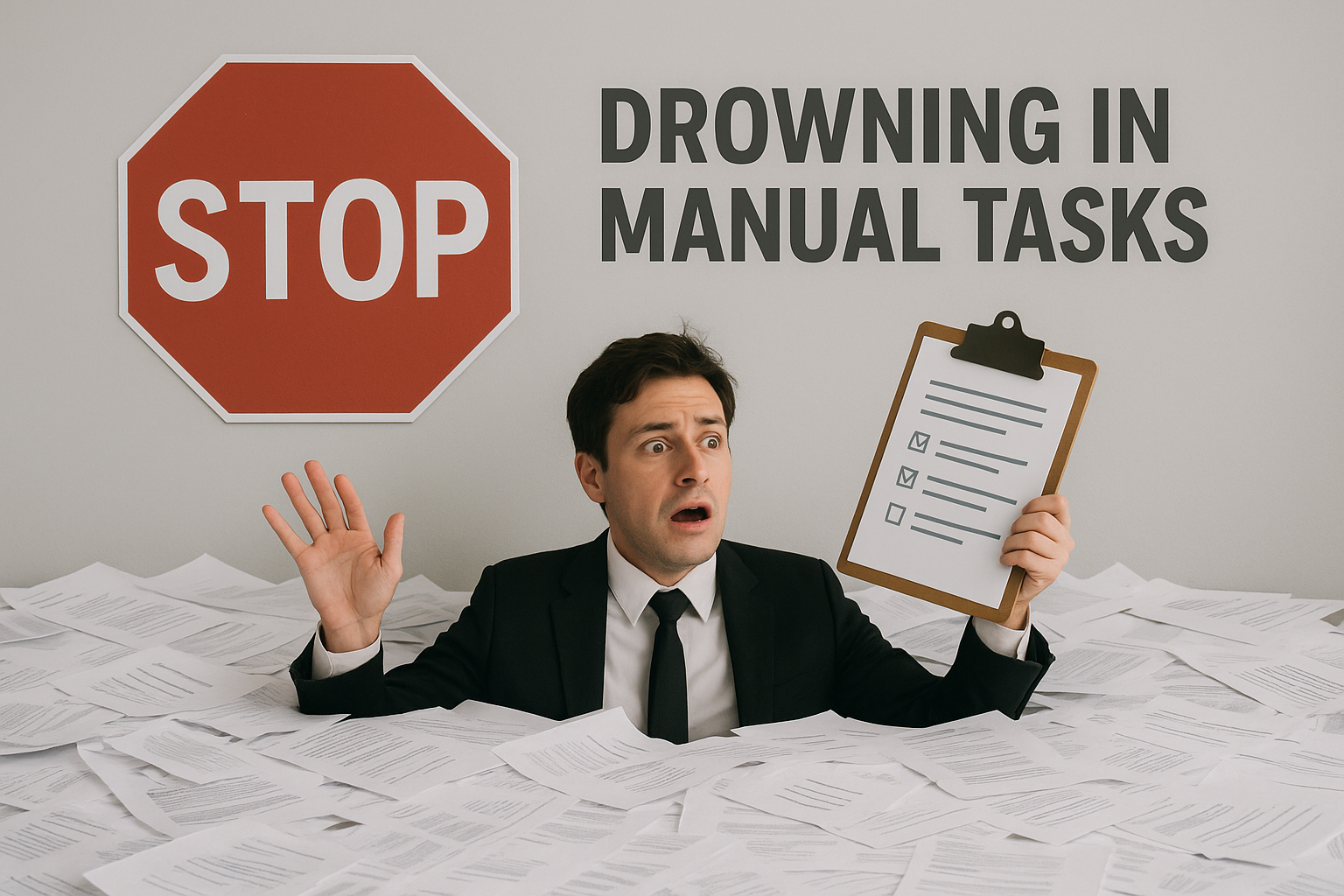COVID-19 relief for SMSFs extended

SMSF trustees will have various relief applied for another year, due to the ongoing effects of the COVID-19 pandemic. The relief relates to residency requirements, related party rental relief, loan repayment relief, and the in-house asset threshold. For most of these issues, the ATO has indicated that it will not apply compliance resources to determine whether the SMSF meets various requirements. However, proper documentation is still required in regard to in-house assets, and in cases where changes have been made (ie rental relief or loans).
Due to the ongoing economic impacts of COVID-19 on large parts of Australia, in particular those States and Territories which have had to endure lengthy lockdowns throughout the year, the ATO has announced the extension of various COVID-19 relief for SMSF trustees to the 2021-22 financial year. The relief previously only applied to the 2019-20 and 2020-21 financial years.
To be a complying super fund and receive tax concessions, SMSFs must be an “Australian super fund” at all times during the year. This requires, among other things, for the central management and control of the SMSF (ie individual trustees, or directors of a corporate trustee) to ordinarily be in Australia. The fund will still meet this requirement even if its central management and control is temporarily outside of Australia for up to 2 years.
Obviously, with the Australian borders pretty much closed during the entirety of the pandemic, and many other countries imposing travel bans, some individual trustees or directors of a corporate trustee may be stranded in another country over the 2 year limit through no fault of their own. In these situations, provided there are no other changes in the SMSF or in the circumstances of the individual trustee (or directors of the corporate trustee) affecting other residency conditions, the ATO has indicated it will not apply compliance resources to determine whether a fund meets the residency test.
If your SMSF or a related party has continued to provide rental relief based on the current market conditions, whether it be a rental reduction, waiver or deferral to a tenant, the ATO will provide relief in the form of not taking any compliance action against the fund. However, this is predicated on the rental relief being offered on commercial terms and having proper documentations with regards to the arrangement.
The ATO notes that not taking compliance action is only an interim measure. In due course, it will be making a Determination similar to the one made last year to ensure that rental deferrals offered by SMSFs or related parties to a tenant does not cause a loan or investment to be an in-house asset in the current and future financial years.
For loan repayment relief provided by SMSF to a related or unrelated party due to the financial impacts of COVID-19, where the relief is offered on commercial terms and the changes to the loan agreement are properly documented, the ATO will provide relief on similar terms as the interim rental relief (ie it will not take any compliance action against the fund). This will also apply to limited recourse borrowing arrangements.
Lastly, where an SMSF exceeds the 5% in-house asset threshold at 30 June 2021 due to the financial impacts of COVID-19, trustees must still prepare a written plan to reduce the market value of the fund’s in-house assets to below 5% by 30 June 2022. However, the ATO said it will not take any compliance action where the plan has not been executed by the due date (ie 30 June 2022) as a result of the market not having recovered, or in some cases the plan may be unnecessarily owing to the recovery of the market.
Make your life easier
If you are a trustee of an SMSF and have been affected by COVID-19 or have had members of the fund affected, we can help you work out the potential tax implications and put the proper documentation in place. Take the complexity out of the administrative burdens of your SMSF, talk to the experts today.
IMPORTANT: This communication is factual only and does not constitute financial advice. Please consult a licensed financial planner for advice tailored to your financial circumstances. Email us at Robert Goodman Accountants at reception@rgoodman.com.au . © Copyright 2021 Thomson Reuters. All rights reserved. Brought to you by Robert Goodman Accountants.









